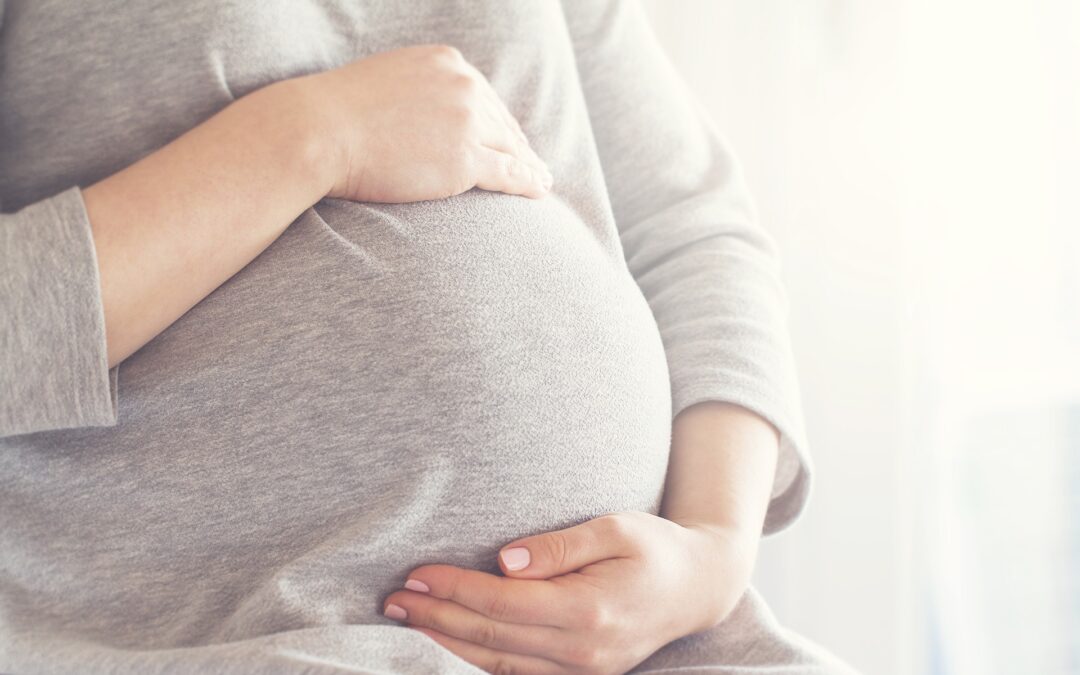Poland’s second-largest city, Kraków, will subsidise in vitro fertilisation (IVF) treatment for its residents, in a scheme expected to deliver 150 additional children in the city each year.
A number of other local authorities in Poland have adopted similar schemes in recent years, including Warsaw, Gdańsk, Łódź, Poznań and Częstochowa. Their decisions follow withdrawal of national funding for IVF by the conservative government in 2016.
On Wednesday, Kraków council decided with 25 of 43 votes to approve a scheme that will allow the city to reimburse couples who undertake IVF treatment. The programme is also supported by the mayor, Jacek Majchrowski.
The project was, however, opposed by councillors from Poland’s nationally ruling conservative Law and Justice (PiS) party. They expressed ethical doubts about IVF treatment, as well as the financial costs to the city, estimated at 2.93 million zloty (€630,000) over the next two years.
Every couple undergoing IVF will be entitled to a subsidy covering one procedure for between 2,500 (€540) and 5,000 zloty (€1,080). The bill’s promotor, Dominik Jaśkowiec, an opposition councillor, estimates that around 300 couples annually will take up the subsidy, though experts consulting on the project believe it could be 600.
Similar proposals have been rejected by the council twice, in 2017 and 2018, and one that was accepted in 2019 was later repealed by the governor of the Małopolska Province in which Kraków is located. Piotr Ćwik, a government appointee, argued that the project had gone beyond the local government’s public healthcare remit.
Jaśkowiec has said, however, that if the bill fails for a fourth time, the provincial governor’s decision will be appealed and a new bill will be submitted to the council.
If the project is this time accepted by the provincial authorities, the city will announce a tender to select a clinic to provide the procedures and couples will be able to apply for the scheme in the final quarter of this year.
“It is important in terms of not only health but also demographics – which is worrying both in Kraków and in the whole country,” said Marta Górna of the “Our Stork” Association for the Treatment of Infertility and Support for Adoption.
A similar scheme running in Warsaw since October 2017 had helped 4,800 couples by December 2020 and delivered 950 children. In Gdańsk, 240 children were born between 2017 and June 2020 thanks to locally funded IVF. In Częstochowa, where a scheme was introduced in 2012, 53 children were born from 176 procedures up to December 2020.
Under a nationwide IVF scheme launched by the previous centrist Civic Platform (PO) government in 2013, an estimated 21,000 additional children were born in Poland by 2016, when state funding was cut after PiS came to power.
Poland faces a demographic shortfall, with the number of births dropping to a 17-year low in 2020. Meanwhile, contrary to the government’s hopes, its flagship child benefit programme has not boosted the number of births – as it admitted last year.
Experts note that the pandemic has exacerbated Poland’s pre-existing demographic problems. Last year, more people died in Poland than in any year since the end of the Second World War and the country had the EU’s highest excess death rate.
Main image credit: fezailc/Pixabay (under Pixabay License)

Maria Wilczek is deputy editor of Notes from Poland. She is a regular writer for The Times, The Economist and Al Jazeera English, and has also featured in Foreign Policy, Politico Europe, The Spectator and Gazeta Wyborcza.




















